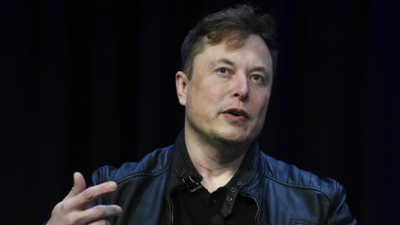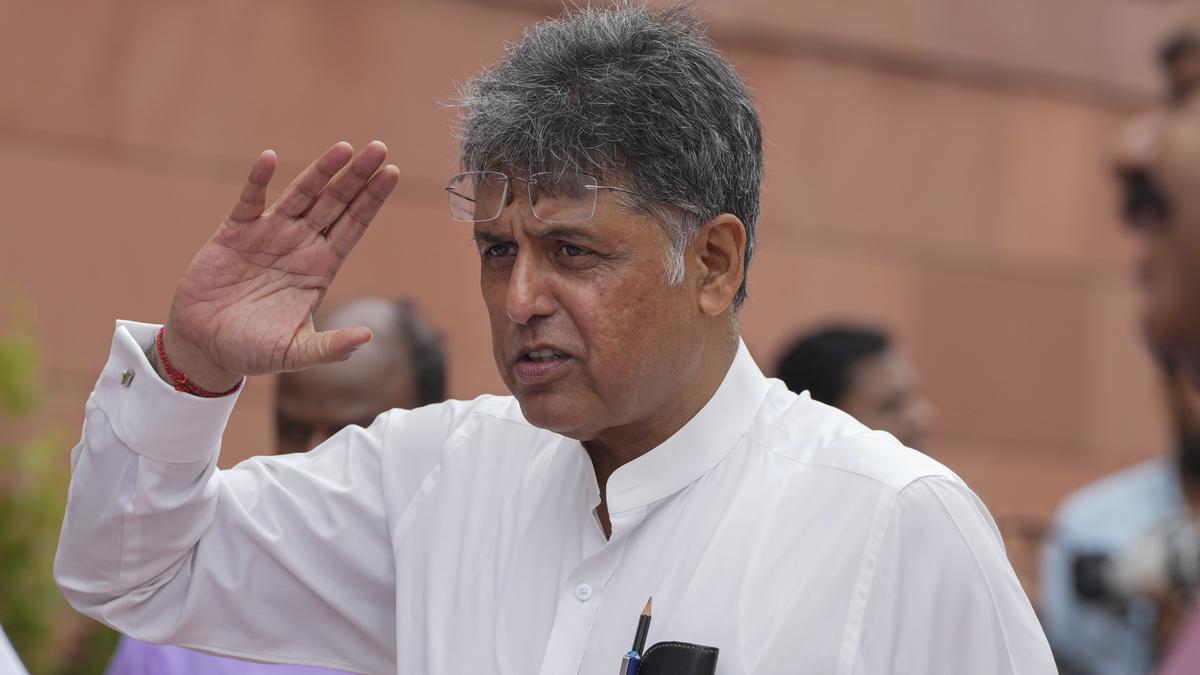ARTICLE AD BOX

Elon Musk swears by this simple meeting rule that drives his success
In recent years, leadership strategies in the corporate world have been undergoing significant transformation, with many executives challenging traditional business practices to prioritise speed, efficiency, and productivity. A notable example comes from
Tesla
CEO Elon Musk, whose approach to meetings sparked discussion across industries.In a 2018 company-wide email, Musk encouraged employees to walk out of meetings or drop off calls if they were no longer adding value. His perspective aligns with a broader movement among influential leaders such as Jeff Bezos, Jensen Huang, and Mark Zuckerberg, who advocate for breaking away from rigid corporate routines in favour of agile and goal-oriented methods. This shift is also influencing hiring practices, with more companies focusing on cultural fit and personality traits over conventional qualifications. Together, these changes reflect a modern vision for leadership where time management, effective communication, and strong workplace culture form the foundation of organisational success.
Elon Musk’s simple rule for meetings that powers his success
In his 2018 email to Tesla employees, Elon Musk highlighted the importance of respecting everyone’s time. He stated, “Walk out of a meeting or drop off a call as soon as it is obvious you aren’t adding value. It is not rude to leave; it is rude to make someone stay and waste their time.”
Musk’s directive promotes a culture where employees feel empowered to prioritise impactful work over prolonged, unproductive discussions. His policy also challenges the long-standing belief that staying in a meeting is a sign of respect, instead framing it as an unnecessary drain on productivity when no longer relevant to one’s role.
Ambition and efficiency: The CEO mindset
Bill Hoogterp, CEO of LifeHikes, has observed a recurring pattern among high-performing CEOs—a blend of extreme ambition and strategic laziness. According to Hoogterp, the most successful leaders are those who are “really hungry to get success” but also seek the quickest, most efficient paths to achieve it. This mindset drives leaders to constantly question processes and find shortcuts that maintain quality while improving speed.
Efficiency beyond Tesla: Other CEOs’ approaches
Several other business leaders have adopted unconventional methods to streamline operations and improve communication:
- Jensen Huang: Instead of relying on one-on-one meetings with direct reports, Huang prefers open forums. This approach minimises communication silos and ensures that information flows across the organisation without unnecessary delays.
- Jeff Bezos: He emphasises delegation to maintain speed in operations. By encouraging executives to delegate early and often, decision-making becomes faster and less dependent on top-level approval.
- Mark Zuckerberg: During Facebook’s rapid growth, Zuckerberg introduced the motto “move fast and break things.” This principle, included in Facebook’s 2012 IPO letter, encouraged teams to innovate quickly, even if it meant making occasional mistakes.



.png)
.png)
.png)
















 1 hour ago
4
1 hour ago
4









 English (US) ·
English (US) ·